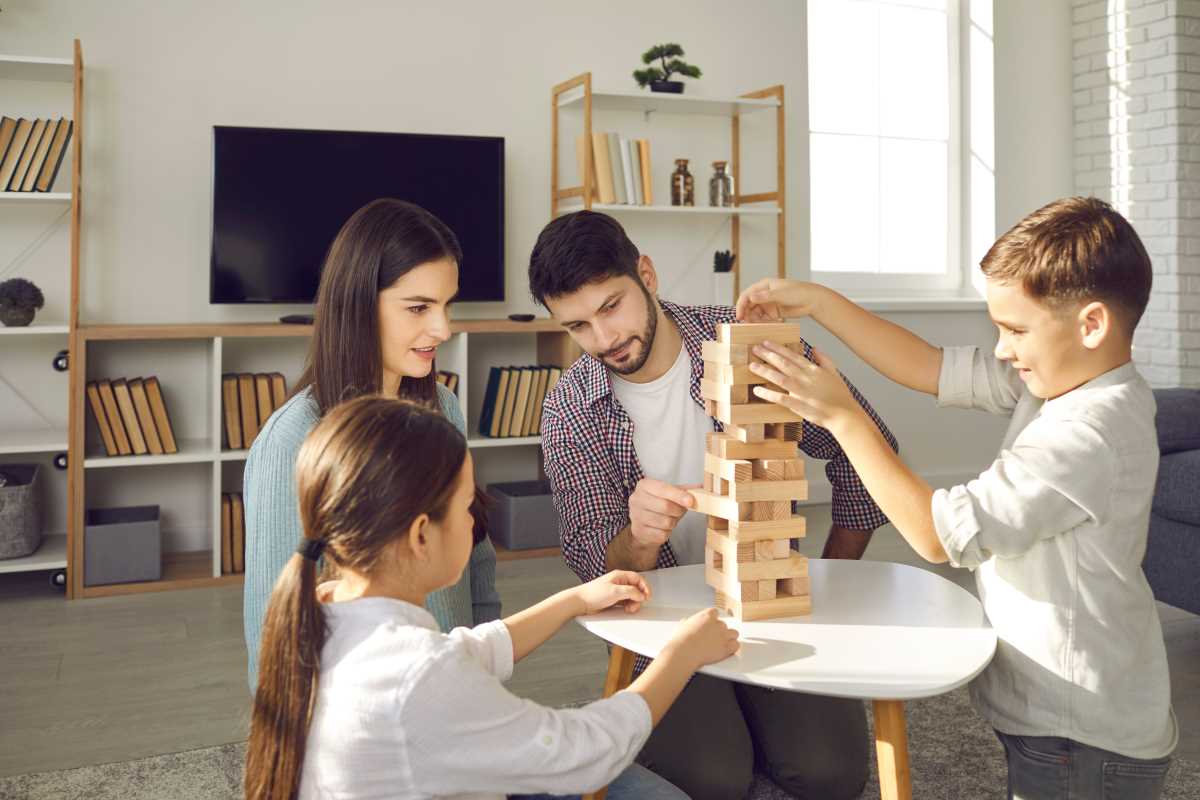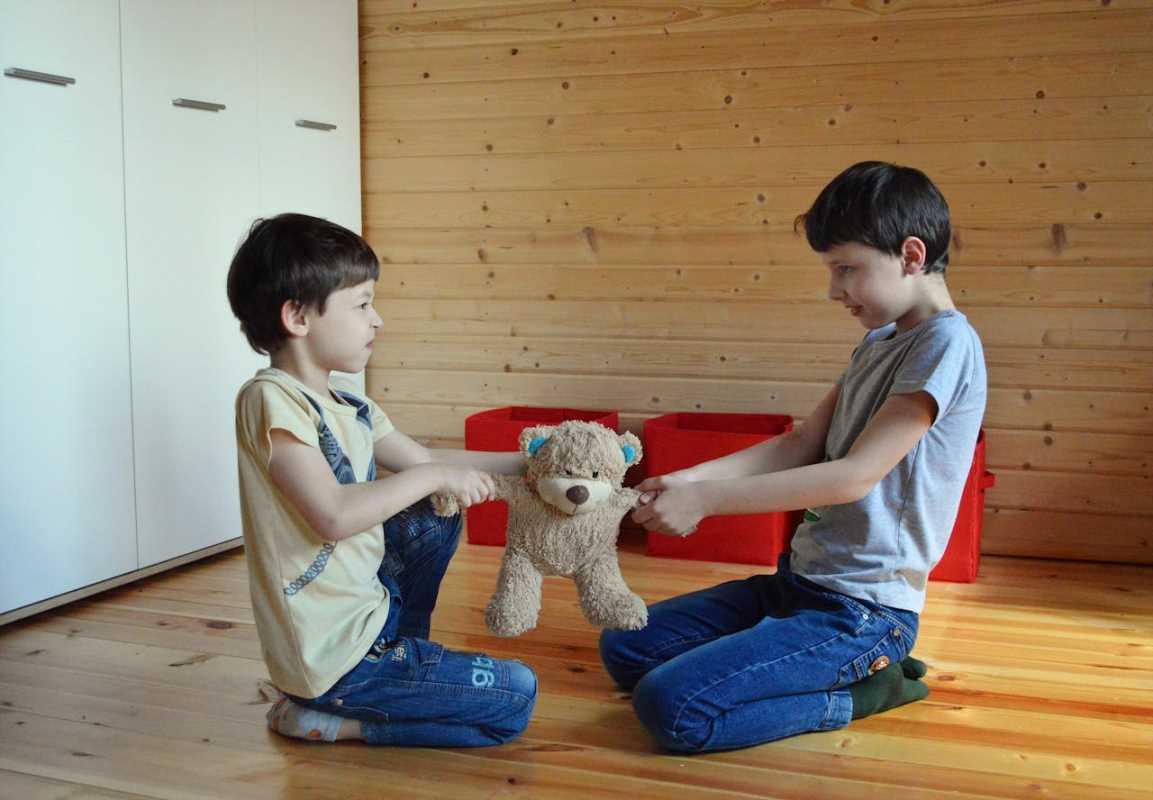A fulfilling life often requires a balance between the freedom to express personal independence and the deep connections fostered by togetherness. Striking this balance can be challenging, whether you're managing close relationships, family dynamics, or friendships. Personal independence provides space for discovery and self-expression, while togetherness brings support, trust, and shared experiences. Navigating this delicate dynamic helps strengthen relationships without compromising individuality. This article explores practical strategies to create harmony between being your unique self and nurturing meaningful connections with those around you.
Understanding the Significance of Independence
Independence is the ability to make decisions, pursue passions, and live authentically without unnecessary reliance on others. It fuels personal growth, confidence, and resilience, while enabling individuals to contribute positively to relationships. However, unchecked independence can lead to isolation or a diminished sense of connection.
- Prioritize Self-Care: Self-care is central to independence. Take time to understand your needs and invest in activities that recharge and inspire you. Simple practices like journaling, exercising, or pursuing creative hobbies nurture your sense of identity.
- Define Personal Boundaries: Independence thrives with healthy boundaries. Communicate your boundaries clearly to others. For instance, you might express a need for alone time by saying, "I value time to recharge after work to feel my best."
- Celebrate Your Unique Goals: Developing personal goals enhances your individuality and sense of purpose. Whether learning a new skill, starting a passion project, or advancing professionally, dedicating time to your interests promotes self-fulfillment.
Fostering independence doesn't mean acting alone—it means cultivating your own happiness and achievements while leaving room to share them.
The Role of Togetherness in Joy and Fulfillment
Human connection is essential for emotional well-being and personal growth. Togetherness fosters trust, mutual support, and shared memories, which enrich relationships and create a sense of belonging. However, overemphasizing togetherness can unintentionally stifle individuality.
- Communicate Regularly: Open communication builds trust and strengthens connections. Take time to check in with loved ones, even with a simple question like, "How did your day go?" Feeling heard nurtures emotional closeness in any relationship.
- Engage in Shared Activities: Spending time with others helps deepen bonds. Activities like family dinners, group outings, or collaborative projects offer opportunities to connect and create lasting memories.
- Express Appreciation: Small gestures of gratitude go a long way. Saying, "Thank you for being there for me," reassures loved ones of their importance in your life.
Togetherness is about cultivating connection through understanding, empathy, and shared experiences, all of which help relationships thrive.
Bridging the Gap Between Independence and Togetherness
Balancing independence and togetherness involves active effort and intentionality. A healthy balance ensures that personal needs are met while fostering strong, supportive relationships.
- Create Space for Both: Design a lifestyle where time is allocated for individual activities and shared experiences. For example, dedicate mornings to personal rituals like reading or jogging, and evenings to spending time with family or friends.
- Learn to Compromise: Strive for solutions that value everyone's perspectives. If you value alone time and a partner thrives on togetherness, agree on specific times to focus on each other's needs, such as designated “me-time” hours that balance shared family days.
- Acknowledge Shifts in Needs: Needs for independence and togetherness evolve, depending on life stages or circumstances. Be flexible and responsive, adjusting expectations and priorities in response to changes.
Bridging independence and togetherness is about creating a life that respects individuality while celebrating communal bonds.
Navigating Common Challenges
Striking the right balance often requires overcoming obstacles such as miscommunication, unrealistic expectations, or differing priorities.
- Avoid Misunderstandings: Misunderstandings can arise when independence is interpreted as distance or togetherness as neediness. Address concerns directly by proposing solutions like, "I feel we can work better together if we each take some time to recharge individually."
- Manage Conflict Proactively: Disagreements are inevitable but shouldn’t erode balance. Approach conflicts with empathy by focusing on resolving differences constructively rather than assigning blame.
- Be Mindful of Overdependence: Overdependence on others for happiness or self-worth can strain relationships. Cultivate your confidence by engaging in personal pursuits, which allows relationships to flourish free from undue pressure.
Addressing these challenges ensures that your relationships remain stable and respectful, even in the face of complex dynamics.
Building Harmony in Relationships
Harmony occurs when independence and togetherness coexist seamlessly. Mutual respect, emotional awareness, and a shared commitment to growth create this balance.
- Value Quality Over Quantity: Spend meaningful time with loved ones, focusing on activities that foster connection, rather than merely filling hours.
- Support Individual Growth: Encourage loved ones to explore what makes them feel fulfilled, and share your achievements with them. This mutual encouragement strengthens the bond without losing sight of personal needs.
- Remain Adaptable: Life’s unpredictable nature necessitates flexibility. Adjust and fine-tune the balance between independence and togetherness as circumstances and priorities change.
Practical habits like encouraging self-expression while nurturing collaboration help create a harmonious dynamic.
Take time to appreciate how independence empowers self-discovery and growth, while togetherness enriches life with trust and joy. Achieving this balance transforms relationships into sources of inspiration, support, and shared purpose—giving you the best of both worlds.
 (Image source: Midjourney)
(Image source: Midjourney) 





